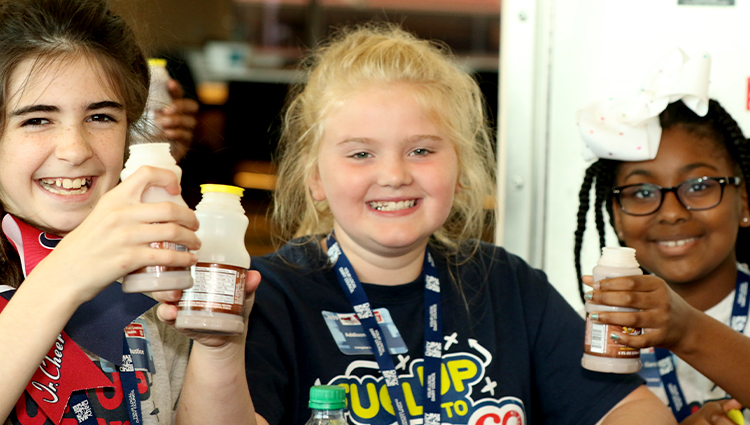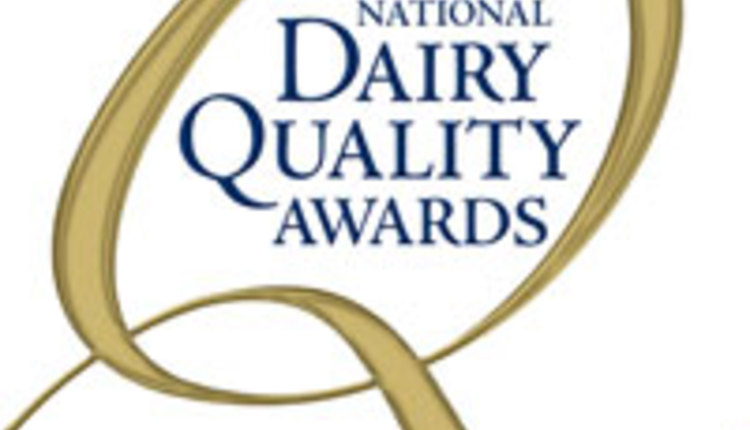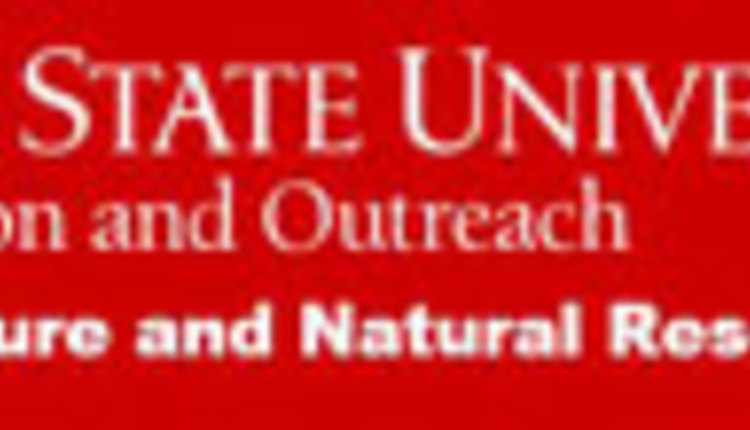
Tell your story. Tell your story. Tell your story.
This is the mantra that probably every farmer and agriculturalist has heard seemingly non-stop over the last few years as social media continues to explode. The idea is that if we peel back the curtain and put the information out there, consumers will understand what we do. The misinformation will be combated and our work appreciated.
It’s easy to fall into the theory of thinking that exposure equals understanding; I know I’ve felt that way. Sometimes an interesting story or picture posted online can be enough to change a critic’s mind or answer a curious question. At the very least, it’s often a useful starting point to show that agriculture isn’t scary, and that we’re willing to be open to a conversation.
The challenging part, though, can come in remembering that’s what it should be — a conversation. “Telling our story” doesn’t always allow for very much feedback from the listener. We need feedback to know if our message was able to make a true impact.
Let’s pause a second to think about why it is that those of us in agriculture really want (or even need) to tell our story. We want people outside of our industry to understand why we do what we do . . . so that they are more confident and more comfortable with consuming dairy. Confidence and comfort, two complicated emotions, are what we hope to create.
So, how do we do that? Stories and pictures help, but ultimately, we can do it the same way we make our friends, family, and colleagues confident and comfortable: we build relationships with them. We take the time to understand what they need by learning what they value. Then, we do our best to provide what it is they need.
When we’re advocating for our industry, we should remember to ask questions about those values and provide more than just facts. We can ask about the concerns behind the questions we get to help find what values and beliefs are driving them. Luckily, these values that drive many consumer decisions are values that farmers have, too — because we’re consumers just as much as we are producers, just as much as we are people. We value health, family, and our environment, and we want to eat and drink things that keep those values safe.
Connecting over shared values can help a consumer feel comfortable. Then we can get into the science and the facts of practices on our farms, which can help grow confidence in the products we create. There’s obviously no exact science to building relationships or answering questions, but a good place to start is by focusing on the commonalities.









